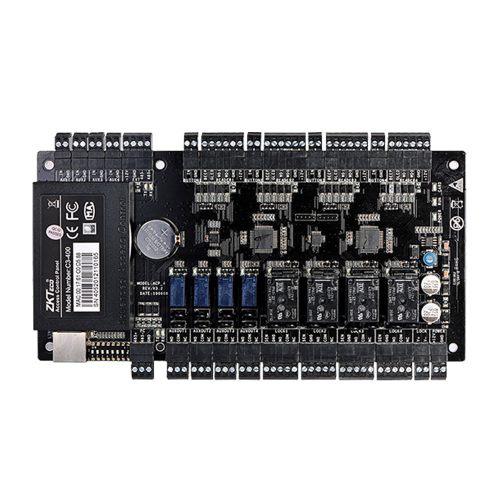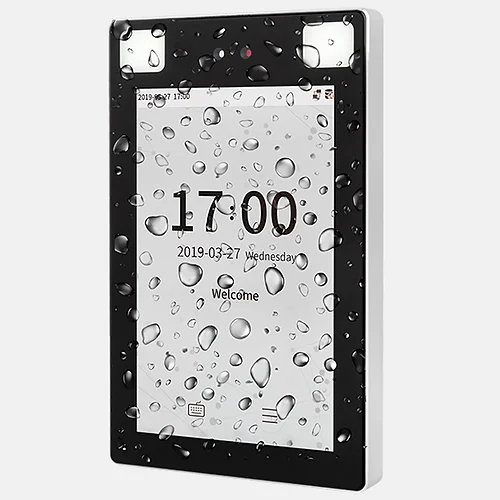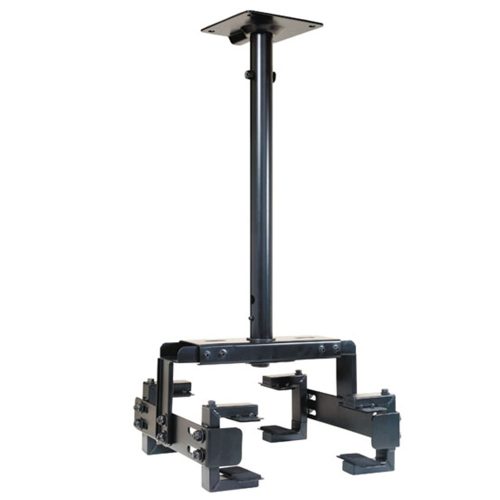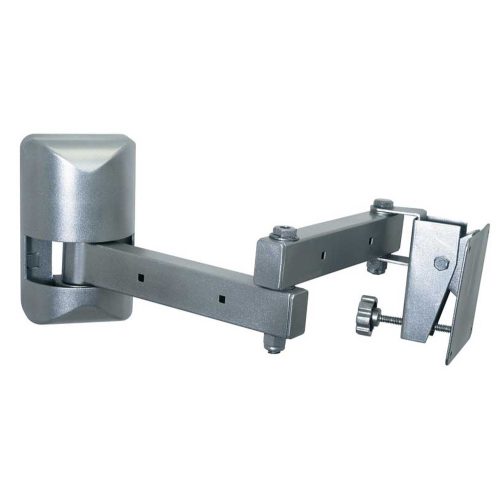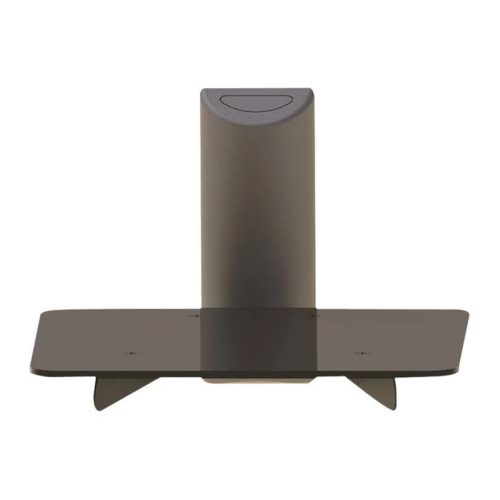The Benefits of Armored Cable in Industrial Environments
Introduction
When it comes to wiring industrial environments, one can’t afford to cut corners. The integrity of these installations is crucial, as any malfunctions can lead to costly downtime or, worse, dangerous safety incidents. That’s where armored cable comes into play. But what are the benefits of armored cable in industrial environments? Let’s delve into this topic to get some clear answers.
The Benefits of Armored Cable in Industrial Environments
Armored cables are a force to be reckoned with in the world of industrial wiring. Here, we’ll outline their impressive benefits, showing why they’re the top choice for many professionals in the field.
1. Superior Physical Protection
By design, armored cables are tough. Their unique construction allows them to withstand harsh environments where other types of cables might fail. The armor provides an additional layer of protection against mechanical stress, making the cable highly resistant to impact, crush, and rodent damage. In industries such as construction, mining, or manufacturing, where equipment or materials could potentially damage cables, this robustness is a lifesaver.
2. Enhanced Electrical Safety
Armored cables aren’t just about physical sturdiness. They offer enhanced electrical safety, too. The metallic armor acts as a ground path, offering an extra layer of protection against electrical faults. This feature is particularly important in high-voltage industrial settings, where electrical incidents can lead to severe consequences.
3. Versatility and Flexibility
One might think that with such durability and protection, armored cables could be rigid and difficult to install. But that’s far from the truth. Thanks to their innovative design, these cables maintain a certain level of flexibility, making installation a breeze even in tight spaces and complex layouts.
Breaking Down the Armor: A Closer Look at Armored Cable Construction
Let’s take a deeper dive into the construction of armored cables to understand how they achieve these impressive benefits.
4. The Conductive Core
At the heart of any cable lies its conductive core, which carries the electric current. This core can be made of copper or aluminum, with copper often preferred for its superior conductivity.
5. Insulation Layer
Wrapped around the core is an insulation layer, designed to prevent current leakage and protect the core from environmental damage. The materials used for insulation may vary but often include PVC or cross-linked polyethylene (XLPE).
6. The Armor
The distinguishing feature of armored cables is, of course, the armor. This protective layer can be made from steel or aluminum, often in the form of wire or tape. This armor offers the cable its unique protective benefits, shielding it from mechanical damage while also providing an additional ground path.
Exploring Industrial Applications of Armored Cables
From factories and mines to oil rigs and wind turbines, armored cables find their place in a myriad of industrial settings.
7. Factories and Manufacturing Units
Factories and manufacturing units often present a challenging environment for cables due to the presence of heavy machinery, high temperatures, and sometimes, corrosive substances. Armored cables, with their robust construction, are up to the task.
8. Mining and Quarrying
Mining and quarrying environments pose a different set of challenges. Here, cables faceimpact, abrasion, and possibly exposure to water and corrosive substances. Again, the armored cable proves its worth.
9. Oil and Gas Industry
In the oil and gas industry, safety is paramount. Here, armored cables serve not only as a conduit for electricity but also as a shield against potential fire hazards, thanks to their flame-retardant properties.
10. Renewable Energy Plants
With their resilience and reliability, armored cables are an excellent choice for renewable energy installations such as wind turbines and solar power plants, where they often have to endure harsh weather conditions.
Installation and Maintenance of Armored Cables
While armored cables are undeniably sturdy and durable, proper installation and maintenance are critical to ensuring their longevity and performance.
11. Installation Considerations
While armored cables offer flexibility, certain considerations should be made during installation to prevent damaging the cable or its armor. Understanding bending radii and avoiding sharp turns can help ensure a successful installation.
12. Maintenance and Inspections
Routine maintenance and inspections are crucial for any cable system, armored cables included. Checking for any signs of wear, tear, or damage can help identify and address potential problems before they escalate.
The Future of Armored Cables in Industrial Environments
Given their immense benefits, it’s clear that armored cables are here to stay in the industrial world. But what does the future hold for them?
13. Technological Advancements
As technology advances, so do armored cables. We can expect to see innovations in materials and design that will make these cables even more efficient, safe, and durable.
14. Sustainability Focus
With the increasing focus on sustainability, future iterations of armored cables might utilize more environmentally friendly materials or incorporate features that reduce energy consumption.
FAQs: All Your Questions About Armored Cables Answered
Now, let’s address some frequently asked questions about armored cables.
- What are the main benefits of armored cable in industrial environments?Armored cables offer superior physical protection, enhanced electrical safety, and remarkable flexibility and versatility, making them an ideal choice for various industrial settings.
- How does the armor in armored cables enhance safety?The metallic armor provides an additional layer of protection against mechanical stress and acts as a ground path, offering extra protection against electrical faults.
- Are armored cables flexible enough for complex installations?Despite their robust construction, armored cables maintain a certain level of flexibility, making them suitable for installations in tight spaces and complex layouts.
- What are some industrial applications of armored cables?Armored cables are used in a myriad of industrial settings, including factories, mines, oil and gas plants, and renewable energy installations.
- Do armored cables require special installation and maintenance?While armored cables are durable, proper installation and routine maintenance are critical to ensure their longevity and performance.
- What does the future hold for armored cables in industrial environments?With advancements in technology and a focus on sustainability, we can expect to see even more efficient, safe, and environmentally friendly armored cables in the future.
Conclusion
When it comes to wiring in industrial environments, the importance of choosing the right cable can’t be overstated. With their robust construction, enhanced safety features, and versatility, armored cables are a clear winner. They truly are powerhouses of the industrial wiring world, offering benefits that extend well beyond their rugged exterior. So next time you’re faced with an industrial wiring challenge, remember the benefits of armored cable in industrial environments. You won’t regret it!

